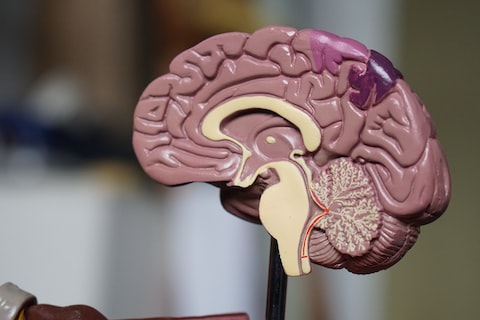Gaming has become a popular form of entertainment, especially among individuals between the ages of 10-35. However, concerns have been raised about the impact of gaming on mental health. This article aims to separate fact from fiction and provide valuable insights for gamers.
The Benefits of Gaming:
Gaming can have several positive effects on mental health. It offers an escape from reality and can be a stress reliever. Engaging in video games can also enhance problem-solving skills, decision-making abilities, and hand-eye coordination in gamers. Additionally, gaming can provide a sense of accomplishment and boost self-esteem when players achieve goals or milestones within the game.
Managing Gaming Time:
While gaming can have its benefits, it is essential to maintain a healthy balance. Excessive gaming can lead to problems such as addiction, neglect of responsibilities, and social withdrawal. It is crucial to set boundaries and allocate specific time for gaming, ensuring that other aspects of life are not compromised.
Addressing Misconceptions:
There are several misconceptions surrounding the impact of gaming on mental health. It is important to debunk these myths and separate fact from fiction. Gaming itself is not a direct cause of mental health issues such as depression or anxiety. However, excessive gaming or using gaming as a coping mechanism can worsen existing conditions. It is essential to differentiate between the actual act of gaming and other underlying factors that may contribute to mental health problems.
Seeking Support:
If gaming starts to negatively impact mental health, it is crucial to seek support. Professional mental health resources can provide guidance and techniques for managing gaming habits effectively. Additionally, connecting with gaming communities or participating in online discussions can help individuals find support and share experiences.
Moderation and Self-Awareness:
The key to maintaining a healthy gaming experience is moderation and self-awareness. Monitoring and assessing one’s gaming habits and their impact on mental health is essential. It is crucial to recognize when gaming starts to interfere with daily life or becomes a source of distress. By being self-aware, individuals can make informed decisions about their gaming habits and prioritize their mental well-being.

